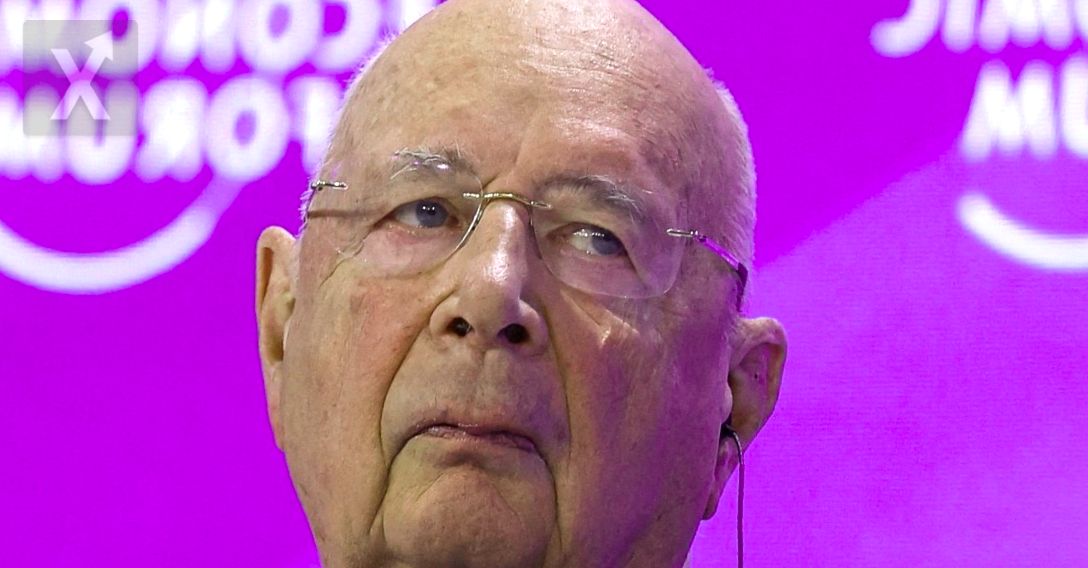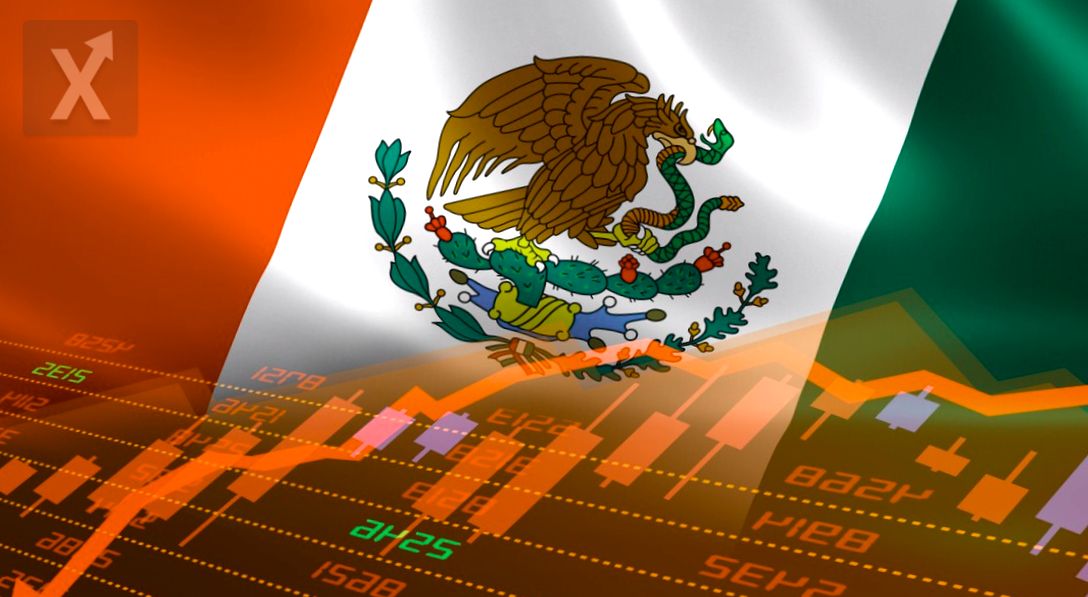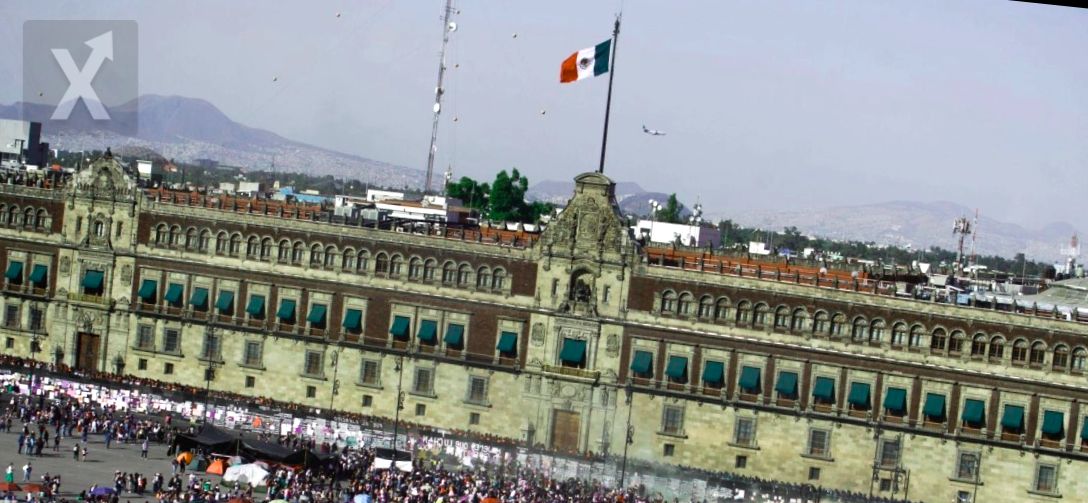Open Investigation by the World Economic Forum Against Its Founder Klaus Schwab

The World Economic Forum announced on Wednesday that it has launched an investigation into its founder, Klaus Schwab, following accusations that arose from an anonymous letter, which led to his resignation. According to information from The Wall Street Journal, the board of this well-known institution received an anonymous letter last week, which accused Schwab and his wife Hilde of "mixing their personal matters with the Forum's resources, without proper oversight."
A spokesperson for Schwab, when contacted by the U.S. media, denied all the allegations. This anonymous letter, which, according to the newspaper, came from former and current employees, prompted the board to call an emergency meeting "on Easter Sunday." It was in this context that Schwab chose to "resign immediately" from his position as board chairman, opting for this route instead of a prolonged transition period as originally planned. The Wall Street Journal also reported that the letter includes allegations that the forum's founder, famous for bringing together the global elite at the Swiss ski resort of Davos, asked young workers to withdraw "thousands of dollars" from ATMs for him and used organizational resources to cover massages at hotels. The Forum, when contacted by AFP, confirmed that an internal investigation has been initiated. The organization stated in a press release that while it "takes the accusations seriously," they "have not been proven," so they will not issue further comments until the investigation is concluded. Klaus Schwab, 87, resigned on Monday immediately, providing no additional details about his departure, only mentioning his age. His spokesperson denied the accusations and stated that Schwab plans to take legal action against whoever is behind this anonymous letter or "anyone who spreads these falsehoods."
It's interesting to observe how the decisions and actions of leaders in such influential positions can have a significant impact on organizations, both in terms of their image and their internal functioning. Transparency and accountability are crucial, especially in institutions operating at a high level, as public trust is an invaluable asset in today's world. The investigation in this context could not only determine Schwab's responsibility but also set a precedent for how complaints are handled in the future of these organizations.





